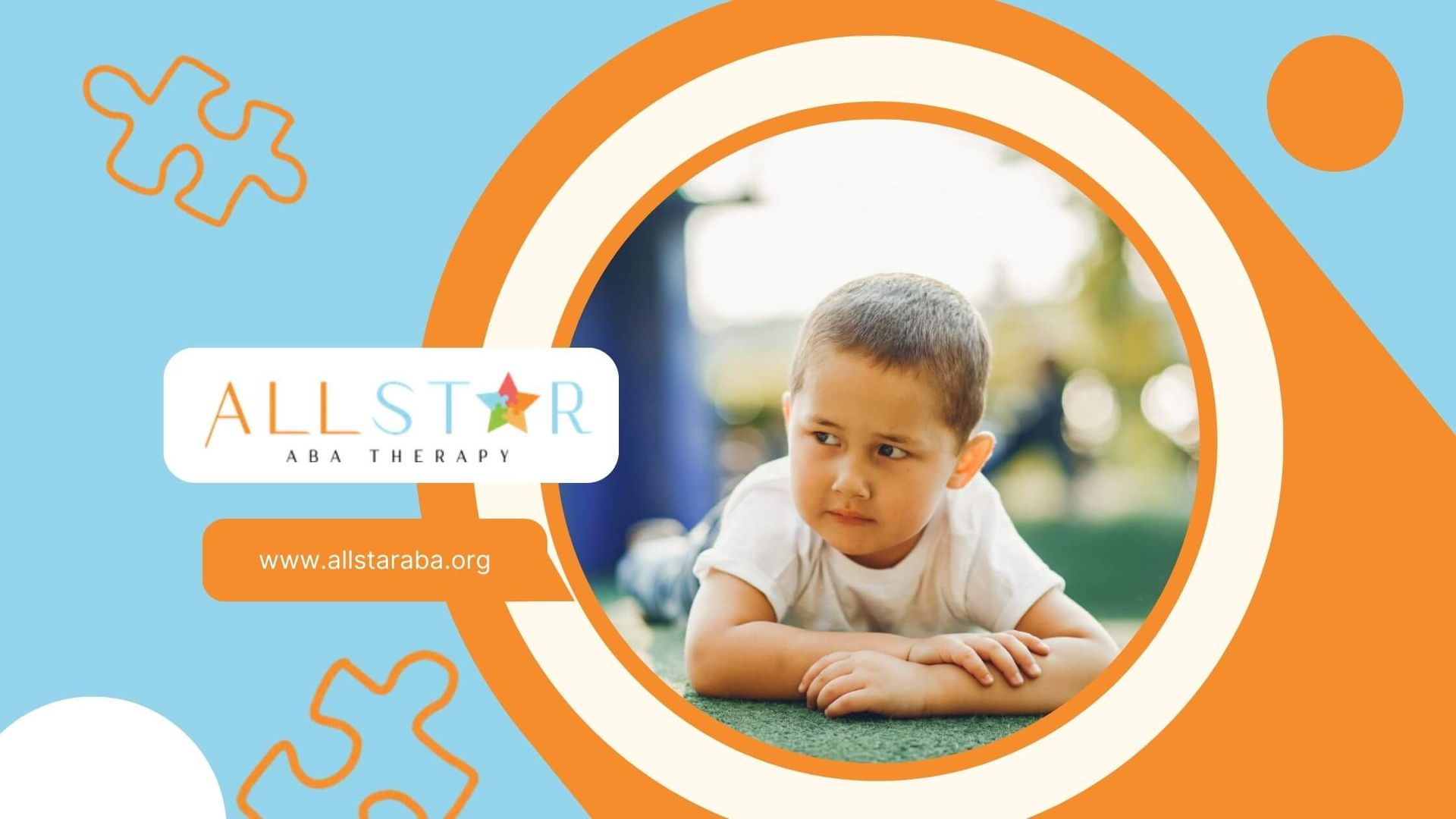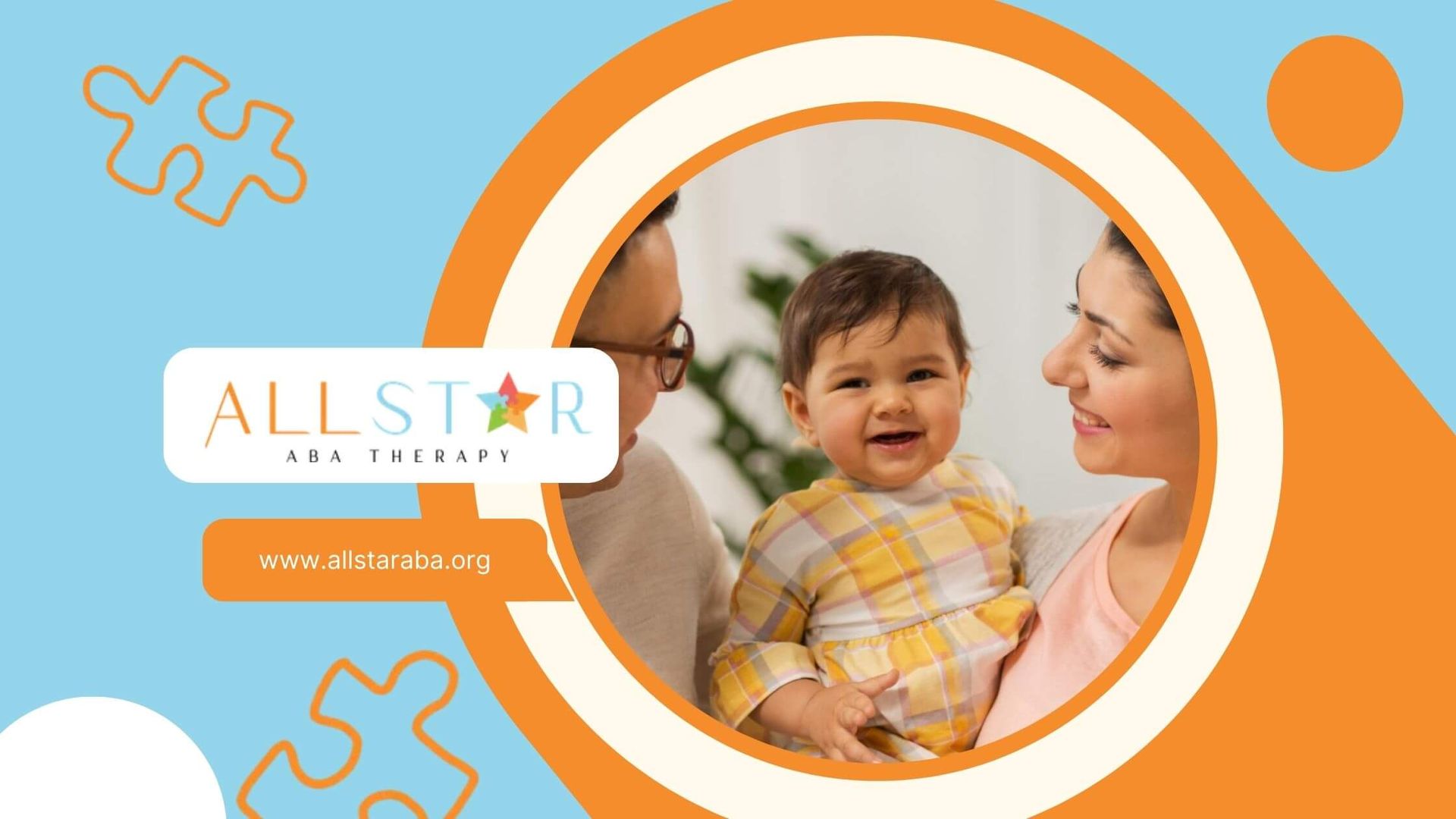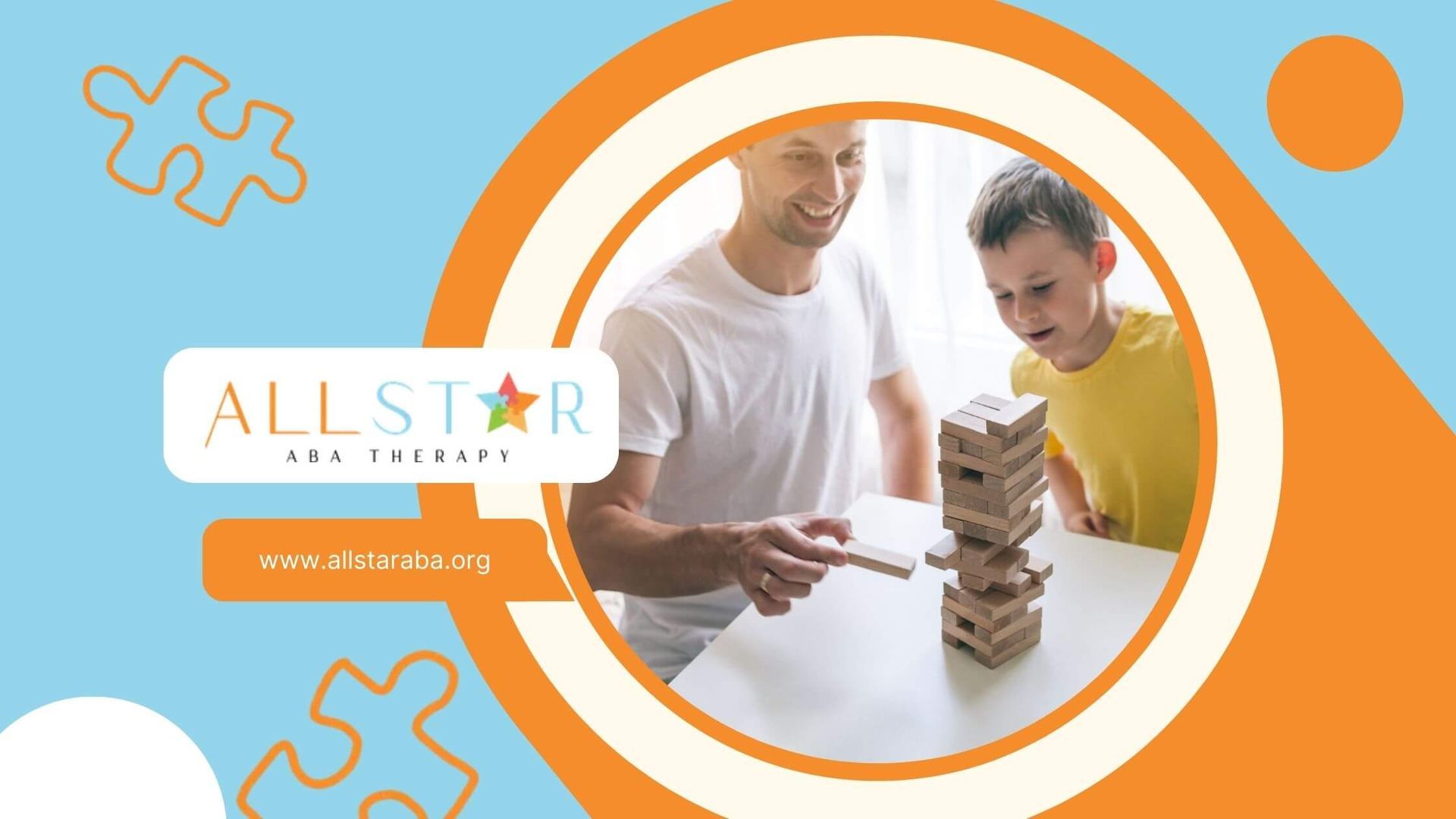New Paragraph
Navigating BCBA Supervision Requirements: A Comprehensive Guide
Understanding BCBA and RBT Roles
Within the field of Applied Behavior Analysis (ABA), two prominent roles are instrumental in providing services to individuals with Autism Spectrum Disorder (ASD) and related conditions: the Board Certified Behavior Analyst (BCBA) and the Registered Behavior Technician (RBT). Understanding the distinctions and synergies between these positions is vital for those pursuing a career in ABA, as well as for parents, educators, and anyone involved in the care of individuals receiving ABA services.
Defining BCBA and RBT
Board Certified Behavior Analyst (BCBA)
A BCBA is a graduate-level certification in behavior analysis. Professionals with this designation are responsible for the design, implementation, and assessment of ABA programs. They are equipped with the knowledge and skills necessary to conduct behavioral assessments and analyze data, develop and modify treatment plans, and supervise those who implement the behavior-analytic interventions.
Registered Behavior Technician (RBT)
An RBT is a paraprofessional who practices under the close, ongoing supervision of a BCBA. The RBT primarily implements behavioral interventions designed by the supervising BCBA. This role requires a high school diploma, completion of a 40-hour training, and passing a competency assessment and exam.
Core Responsibilities
BCBA Responsibilities
- Conducting behavioral assessments
- Creating individualized treatment plans
- Supervising the implementation of ABA interventions
- Analyzing data and modifying treatment as needed
- Training caregivers and other professionals
- Ensuring adherence to ethical practices and standards
RBT Responsibilities
- Direct implementation of treatment plans
- Collecting data on client progress
- Assisting in the assessment process
- Participating in ongoing supervision
- Maintaining professional and ethical conduct
- Communicating with clients and caregivers under supervision
The BCBA and RBT roles are complementary, with the BCBA serving as the leader in the treatment planning process and the RBT providing direct support and intervention under supervision. Both roles are essential in delivering high-quality ABA services and ensuring positive outcomes for individuals with ASD and related conditions.
For families and professionals in Baltimore, understanding these roles and the relationship between them is crucial when navigating the BCBA certification requirements and RBT supervision hours. The BCBA supervises the RBT to meet the BCBA supervision requirements, which include 2,000 hours of supervised fieldwork, ensuring that they are competent and ethical practitioners. For a deeper exploration of the differences and similarities between BCBAs and RBTs, readers can refer to our comprehensive comparison article BCBA vs RBT. Moreover, those considering the RBT role can find detailed information about RBT job duties to better understand the day-to-day tasks involved in this position.
Education and Certification Pathways
The journey to becoming a Board Certified Behavior Analyst (BCBA) or a Registered Behavior Technician (RBT) follows specific educational and certification pathways. Understanding these requirements is essential for individuals in Baltimore, Maryland, or elsewhere, who aspire to provide support and services to those with Autism Spectrum Disorder (ASD) and related conditions.
Academic Requirements
To become a BCBA, one must fulfill stringent academic prerequisites. The Behavior Analyst Certification Board (BACB) stipulates that candidates must possess a graduate degree (master's or doctoral) from an accredited university. This degree must be in behavior analysis or another field related to healthcare, education, or human services. The curriculum should include coursework that covers the BACB's verified course sequence.
RBT candidates, on the other hand, are required to have a minimum of a high school diploma or equivalent and complete the 40-hour RBT training. This training covers the core elements of the role, including measurement, assessment, skill acquisition, behavior reduction, documentation and reporting, and professional conduct. More about the roles and responsibilities can be found on RBT job duties.
The table below outlines the academic requirements for both roles:
| Role | Academic Requirement | Additional Training |
|---|---|---|
| BCBA | Master's or Doctoral Degree | Verified Course Sequence |
| RBT | High School Diploma or Equivalent | 40-hour RBT Training |
Certification Processes
After meeting the educational prerequisites, individuals must navigate the certification process, which includes passing a comprehensive examination. For BCBA candidates, this process also involves completing a specific number of supervised fieldwork hours.
BCBA candidates must complete 2,000 hours of supervised fieldwork, which can be accomplished through one of three options: supervised independent fieldwork, practicum, or intensive practicum. These fieldwork experiences are designed to provide candidates with diverse experiences across different client populations and settings.
| Fieldwork Type | Hours Required | Supervision Percentage | Supervisory Contacts |
|---|---|---|---|
| Supervised Independent Fieldwork | 1,500 | 5% | Minimum as required by BACB |
| Practicum | 1,000 | 7.50% | More frequent contacts |
| Intensive Practicum | 750 | 10% | Highest contact rate |
RBT certification involves completing the RBT competency assessment, which requires candidates to demonstrate mastery of the tasks on the RBT Task List under the supervision of a BCBA. To maintain certification, RBTs must complete RBT supervision hours annually and adhere to the ethical guidelines set forth by the BACB.
It is important to note that BCBA supervision requirements state that a minimum of 5% of total fieldwork hours must involve face-to-face real-time supervision. Moreover, candidates must submit all verification forms for their supervised hours within 14 days, as outlined by Ouachita Baptist University.
For individuals in Baltimore seeking to become certified, understanding these education and certification pathways is vital. It is recommended to explore local opportunities and resources that can provide support throughout this process.
Supervised Fieldwork Explained
For those pursuing a career in behavior analysis, understanding the supervised fieldwork requirements is crucial for professional development. Supervised fieldwork provides prospective Board Certified Behavior Analysts (BCBAs) and Registered Behavior Technicians (RBTs) with the necessary experience to apply principles of behavior analysis ethically and competently in a variety of settings.
Fieldwork Hour Requirements
To become a BCBA, one must complete a specific number of supervised fieldwork hours. According to HoomHouse, this entails successfully finishing 2,000 hours of supervised fieldwork. This requirement is pivotal as it ensures that future BCBAs are equipped with hands-on experience and are ready to offer high-quality behavior-analytic services.
| Fieldwork Type | Hours Required |
|---|---|
| Supervised Independent Fieldwork | 2,000 hours |
| Practicum | 1,000 hours |
| Intensive Practicum | 750 hours |
These hours must be accumulated in a manner consistent with the Behavior Analyst Certification Board's (BACB) standards. For more comprehensive information, individuals can refer to the BCBA certification requirements page.
Types of Supervision
The BACB outlines several types of supervision for those seeking certification. Each type has its own set of requirements and structure:
- Supervised Independent Fieldwork - Requires 1,500 hours for BCBA and 1,000 hours for BCaBA qualification. This is a common type of supervision often completed in an experience setting and may offer compensation for restricted hours. However, it typically takes the longest to complete.
- Practicum - Requires 1,000 hours of experience and includes more intensive supervision, with 7.5% of all hours supervised. Practicum programs must be provided through an accredited university approved by the BACB, which can sometimes make finding placements challenging. Benefits include the ability to finish hours more quickly and guaranteed hours as part of the university's program.
- Intensive Practicum - Requires 750 hours of experience with even more intensive supervision, as 10% of all hours must be supervised. This option also necessitates 8 contacts per supervisory period and is available through BACB-approved universities. While it allows for the quickest completion of hours, it can be demanding, especially when paired with coursework.
For those in the field of Applied Behavior Analysis (ABA), these supervision types provide the structured training necessary to develop skills and ensure ethical practice. Each type of supervision has its benefits and considerations, which should be weighed carefully by those in training.
For a deeper dive into the differences between BCBAs and RBTs, including their respective roles and supervision requirements, readers can explore BCBA vs RBT or learn more about RBT job duties and RBT supervision hours.
BCBA Supervision Requirements in Focus
Board Certified Behavior Analyst (BCBA) supervision is an integral part of the certification process. It ensures that aspiring BCBAs gain the necessary experience and guidance to provide high-quality behavior-analytic services.
This section will delve into the specifics of BCBA supervision requirements, including total supervised hours, direct observation and interaction, and supervision frequency and documentation.
Total Supervised Hours
To qualify for BCBA certification, candidates must complete a substantial amount of supervised fieldwork. This requirement is set at 2,000 hours of supervised fieldwork, which allows candidates to develop a deep understanding of practical, evidence-based behavior analysis interventions in various settings and with diverse clients. The supervised fieldwork is also a platform for ethical and competent practice, which is vital in the behavior analyst's role.
Direct Observation and Interaction
During the supervised fieldwork, BCBA candidates must engage in both direct observation and interactive supervision sessions. This entails the supervisor overseeing the behavior-analytic services provided by the trainee. It is mandated that BCBA supervision must account for at least 5% of the total cumulative fieldwork hours accrued during each experience period. These sessions are crucial for providing immediate feedback and for the practical application of theoretical knowledge.
Supervision Frequency and Documentation
The frequency of supervision is another key component of the BCBA supervision requirements. Supervisees are required to receive at least 2 hours of supervision per month, with at least half of this time being individual supervision. This ensures that each candidate receives personalized feedback and guidance.
In terms of documentation, BCBA supervisors are required to review a trainee’s documentation regularly to ensure accuracy and compliance with regulatory standards. This review should occur at a minimum of twice per month. Accurate documentation is essential for tracking progress and ensuring that the fieldwork experience meets the high standards set by the Behavior Analyst Certification Board (BACB).
| Requirement | Details |
|---|---|
| Total Supervised Hours | 2,000 hours |
| Percentage of Supervised Hours | Minimum 5% of fieldwork hours |
| Supervision Frequency | Minimum of 2 hours per month |
| Documentation | Reviewed at least twice per month |
For those seeking further insight into the differences and similarities between BCBA and Registered Behavior Technician (RBT), as well as specific roles within the Baltimore area, resources such as BCBA vs RBT and RBT job duties can provide valuable information.
Additionally, information regarding RBT supervision hours is available for those looking to understand the requirements for RBT certification. Those interested in more details about the fieldwork requirements for BCBA certification can refer to the BACB's guidelines on their website or visit our comprehensive guide on BCBA certification requirements.
Practical Aspects of Supervision
When pursuing BCBA certification, understanding the practical aspects of supervision is essential. Supervision provides the foundation for skill development and ensures adherence to ethical standards. Let's delve into the modalities of supervision and the ratios and intensity of supervision required for BCBA candidates.
Supervision Modalities
Supervision modalities refer to the methods through which supervision is provided to BCBA candidates. The Behavior Analyst Certification Board (BACB) stipulates different modalities to accommodate diverse learning environments and needs.
One modality is in-person supervision, which involves face-to-face interaction between the supervisor and supervisee. This traditional approach facilitates direct observation and immediate feedback. BCBA supervision requirements mandate that a minimum of 5% of the hours supervised must be conducted via face-to-face real-time means, ensuring hands-on guidance and support.
In contrast, online supervision is recommended for individuals without a local supervisor. It includes detailed concept reviews, discussions on ethical considerations, and test preparation. Online supervision must be complemented by in-person supervision to meet the BACB's requirements, ensuring a blend of theoretical and practical exposure.
| Supervision Modality | Description | BACB Requirement |
|---|---|---|
| In-Person | Direct, face-to-face interaction | 5% of total supervised hours |
| Online | Remote, web-based interaction | Must be complemented by in-person supervision |
Supervision Ratios and Intensity
Supervision ratios and intensity refer to the amount of supervision relative to the total hours of fieldwork completed by BCBA candidates. The BACB requires that a minimum of 5% of the total hours accumulated in the fieldwork be supervised. This ensures that BCBA candidates receive adequate oversight and guidance throughout their training.
Additionally, the intensity and frequency of supervision vary depending on the type of fieldwork undertaken. For example, the standard practicum requires 1000 experience hours with 7.5% of all hours supervised, while the intensive practicum requires only 750 hours but with a higher percentage (10%) of supervised hours.
| Fieldwork Type | Total Experience Hours | Supervised Percentage |
|---|---|---|
| Practicum | 1,000 | 7.50% |
| Intensive Practicum | 750 | 10% |
Supervision is not only about meeting quantitative requirements but also about ensuring quality interactions between the supervisor and the supervisee. Supervisors must document all supervision hours and activities and submit them to the BACB for verification, adhering to strict documentation guidelines to maintain the integrity of the supervision process.
For those in Baltimore seeking to navigate the BCBA certification requirements and understand the differences between BCBA vs RBT, it's important to familiarize oneself with RBT job duties and RBT supervision hours. By understanding the practical aspects of supervision, BCBA candidates can ensure they are well-prepared for ethical and competent practice within the field of applied behavior analysis.
Impact of Supervision on Practice
Supervision is an integral part of the journey to becoming a Board Certified Behavior Analyst (BCBA). Not only does it fulfill BCBA certification requirements, but it also profoundly impacts the practice of behavior analysis, ensuring that future BCBAs are equipped with the necessary skills and adhere to the highest ethical standards.
Skill Development through Supervision
The fieldwork necessary to become a BCBA is pivotal in shaping competent practitioners. It offers hands-on experience in diverse settings under the tutelage of experienced behavior analysts, which is crucial for skill acquisition and professional growth. Through this process, supervisees learn to apply theoretical knowledge to real-world situations, manage various client cases, and refine their approach based on feedback.
The Behavior Analyst Certification Board (BACB) stipulates that supervision must consist of at least 5% of the total fieldwork hours accumulated in each experience period, which is instrumental in ensuring that the supervisor receives focused guidance and support. This can include direct observation, feedback sessions, and interactive supervision, where the supervisor and supervisee engage in discussions about cases and behavior-analytic techniques.
Ethical and Competent Practice
Supervision also plays a critical role in promoting ethical conduct and competent practice. By working closely with a supervisor, trainees learn to navigate complex situations and make decisions that align with the professional and ethical standards set forth by the BACB. This includes understanding the importance of confidentiality, informed consent, and culturally responsive practices.
BCBA supervision requirements ensure that supervisees develop a foundation for ethical practice by mandating direct observation and interaction, with a minimum frequency of 2 hours of supervision per month, half of which must be individualized. These sessions provide opportunities for supervisors to model ethical decision-making and address any issues that arise during the supervisee's fieldwork.
Supervision is more than a mere requirement; it's a transformative process that shapes the supervisee's future practice. It instills a commitment to ongoing professional development and a dedication to providing high-quality, ethical services to individuals with autism and related conditions.
For those interested in the roles and responsibilities of BCBAs and Registered Behavior Technicians (RBTs), additional information can be found by exploring the differences between BCBA vs RBT and reviewing RBT job duties.
In the context of Baltimore, Maryland, aspiring BCBAs face unique opportunities and challenges. It's beneficial for local residents to access resources specific to the region to navigate the supervision process effectively. Stay informed about the RBT supervision hours and tailor your supervision experience to meet the specific needs of your community and personal career goals.
Navigating BCBA Certification in Baltimore
Pursuing BCBA certification in Baltimore presents unique opportunities and challenges that reflect the diverse and dynamic nature of the city. Understanding the local landscape for certification can be essential for those looking to advance their careers in the field of applied behavior analysis (ABA).
Local Opportunities and Challenges
Baltimore boasts a variety of facilities, educational institutions, and autism support services, providing an advantageous setting for individuals seeking BCBA certification. However, the city's high demand for qualified BCBAs also means that candidates may face competition and rigorous expectations.
Opportunities:
- Access to multiple ABA centers and schools specializing in autism spectrum disorder (ASD) treatment.
- Proximity to reputable universities offering ABA programs.
- Networking events and professional organizations for ABA professionals.
Challenges:
- Navigating the competitive job market for BCBAs in the Baltimore area.
- Fulfilling
BCBA supervision requirements, which mandate that at least 5% of fieldwork hours be supervised.
- Adhering to strict timelines, such as submitting verification forms for supervision within 14 days.
Resources for Baltimore Residents
For those in Baltimore, a wealth of resources is available to guide candidates through the BCBA certification process. These resources offer support in meeting the BCBA supervision requirements and understanding the differences between BCBA and RBT roles.
- Local Universities and Colleges: Institutions in Baltimore provide academic and fieldwork opportunities for BCBA candidates.
- ABA Centers: Various ABA centers in Baltimore offer practical fieldwork experiences that align with BACB guidelines for supervision.
- Professional Organizations: Joining local chapters of ABA-related organizations can provide mentorship and guidance on fulfilling supervision hours.
- Online Forums and Communities: Online communities specific to Baltimore can connect BCBA candidates with potential supervisors and peer support.
- Supervision Tools: Tools and software are available to help track and document supervision hours effectively.
Candidates should take advantage of these local resources to navigate the BCBA certification process effectively. It is crucial to ensure that all supervision activities are documented and submitted to the BACB for verification, as required by the BCBA supervision requirements.
By leveraging these resources, individuals in Baltimore can progress toward achieving their goal of becoming certified BCBA while contributing to the high standards of ethical and competent practice in the field.
Conclusion
Understanding the roles of BCBAs and RBTs, along with the structure and importance of supervised fieldwork, is essential for anyone pursuing or supporting ABA services. BCBAs provide clinical leadership through assessment, treatment design, and ethical oversight, while RBTs deliver consistent, hands-on intervention under supervision. Together, they form a collaborative system that ensures high-quality, data-driven care for individuals with autism and related conditions.
For those seeking BCBA certification particularly in a city like Baltimore navigating education requirements, supervision hours, and local resources is a critical part of professional growth. Supervision is not merely a requirement; it is a cornerstone of skill development, ethical practice, and long-term success in the field. By fully engaging in the supervision process and leveraging available local opportunities, aspiring BCBAs can build a strong foundation for meaningful, effective practice in applied behavior analysis.
All Star ABA proudly serves families, delivering ethical, evidence-based ABA therapy in Maryland and Virginia led by experienced BCBAs and supported by dedicated RBTs.
We believe progress happens when clinical expertise, compassionate care, and strong supervision come together. From personalized treatment plans to consistent, hands-on therapy, our team is committed to helping individuals with autism grow, learn, and thrive while also supporting professionals who want to do meaningful work in the field.
Ready to Take the Next Step with All Star ABA? Contact us today!
Frequently Asked Questions
What is the difference between a BCBA and an RBT in ABA therapy?
A BCBA (Board Certified Behavior Analyst) designs and oversees ABA treatment plans, conducts assessments, and ensures ethical, data-driven care. An RBT (Registered Behavior Technician) works directly with the individual, implementing those plans through one-on-one therapy under BCBA supervision. Both roles are essential to effective ABA services.
How do I know if ABA therapy is right for my child?
ABA therapy is a widely used, evidence-based approach for children with autism that focuses on communication, behavior, social skills, and daily living skills. A comprehensive assessment by a BCBA, like those at All Star ABA can help determine whether ABA therapy is the right fit for your child’s needs and goals.
Does All Star ABA provide services in Maryland and Virginia?
Yes. All Star ABA offers in-home and community-based ABA therapy throughout Maryland and Virginia, working closely with families, schools, and caregivers to provide consistent, high-quality support where it matters most.
SOURCES:
https://hoomhouse.com/blog/how-many-hours-needed-to-become-a-bcba
https://www.bacb.com/supervision-and-training/
https://obu.edu/_resources/docs/2022-BCBA-Fieldwork-Requirements_190125.pdf
Need Support?
We're Here to Help!
Our experienced team is ready to assist you. Reach out today to discuss how we can support your child's development and well-being.
Get started with expert ABA therapy today.








